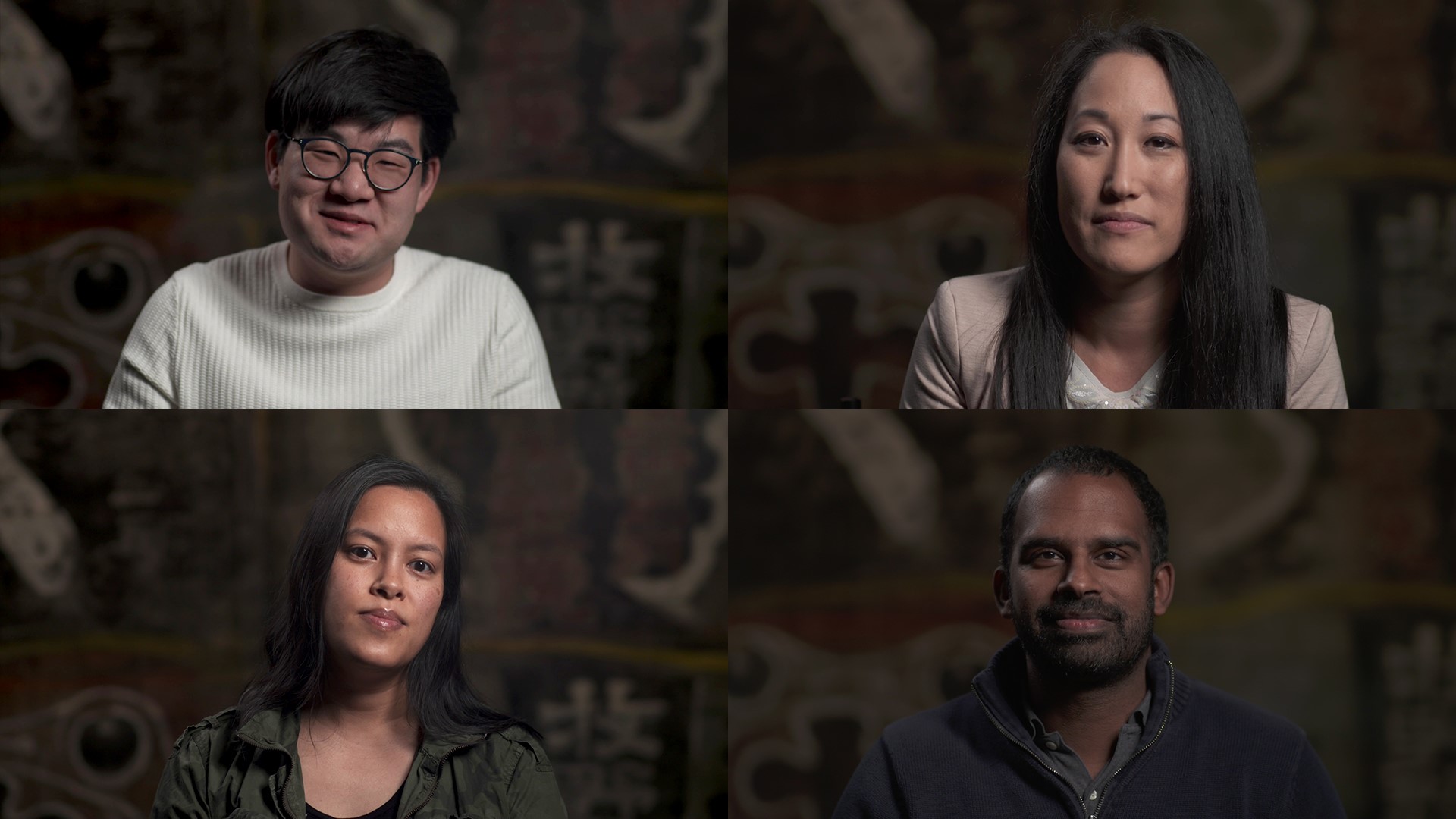SEATTLE — May is AAPI Month, a time to recognize Asian American and Pacific Islander heritage. AAPI, although just four letters, represents many different cultures. We sat down with four members of that extended community to get their perspectives on being Asian American.
All four said that despite being American, they find they have to explain their identity.
"For me, I feel like I come up against a lot of maybe barriers or challenges where I feel like I'm constantly having to explain. Like I am born and raised from Seattle, my parents are born here. They were involved," said Mari Sugiyama.
She is a fourth-generation Japanese American. Her grandparents were among the 120,000 Japanese American citizens incarcerated during World War 2.
"I think about how that has changed where I'm at now and also how I view some of the things that are coming up in this day and age that really make me think of what my parents went through or what my grandparents went through," Mari said.
Impact of Asian hate crimes, pandemic
That sentiment is shared by Sam Cho, the Port of Seattle commissioner and a Korean American. He pointed to a rise in Asian hate crimes since the pandemic.
"The last couple of years have been very tough for the Asian-American community with COVID-19 and the anti-Asian hate. You know, it's been tough to deal with a lot of, I think, things that we knew existed in our society, in our culture, but was maybe not as mainstream."
He distinctly remembers people not going to Seattle's Chinatown International District and said small businesses in the community were disproportionately impacted. The irony of it all, he said, was that "the very virus the Asian American community was being blamed for, prevented those in the community from coming together to support each other."
Assimilating while honoring culture
Raj Sundar is a South Indian American from Tamil Nadu. Identity has been a tricky subject in his life. His father was a doctor and none of his patients could say his name, so he changed it to something more recognizable in the English language and it's now Raj's identity. Raj also thinks about how that one decision will impact his children's identity.
"I think there's the sense of being whitewashed where we've lost our cultural identity... But there's a form of whitewashed where I'm not as fearful for my kids' future because they'll be treated more American, more like they belong."
Sundar said he struggles with what to sacrifice from his family's identity and what is valuable to hold onto.
Chel Cendana Gary is a Filipino American. Her mother immigrated to the US in 1973. Chel said it was a time when the Philippines were under martial law during the Marcos regime.
"People question whether Filipinos fit within being Asian because we're different kind of Asian, you know, a very different history... a history of Spanish colonization that kind of sets us apart from other Asian groups," she said.
Chel said her parents are from Pangasinan and have made it a point to speak their birth language in the home. At the same time, during her upbringing, Chel said school staff told her to only speak English at home.
"And because of that, there was this loss of language... and a loss of culture."
Pride in community and culture
One common thread for all four was a sense of pride -- in family, in community and in their culture.
"Both of my parents died very young at 65 and 67," said Sugiyama. "And as difficult as that is, I am so proud and thankful for everything they taught me, you know, whether it was taking me to community events and me sort of begrudgingly going along as a kid to now being so thankful for that opportunity... and to know that I have that sense of community that is really multiracial."
"They taught me in so many ways. And, you know, I just wish they were here for me to say thank you."

